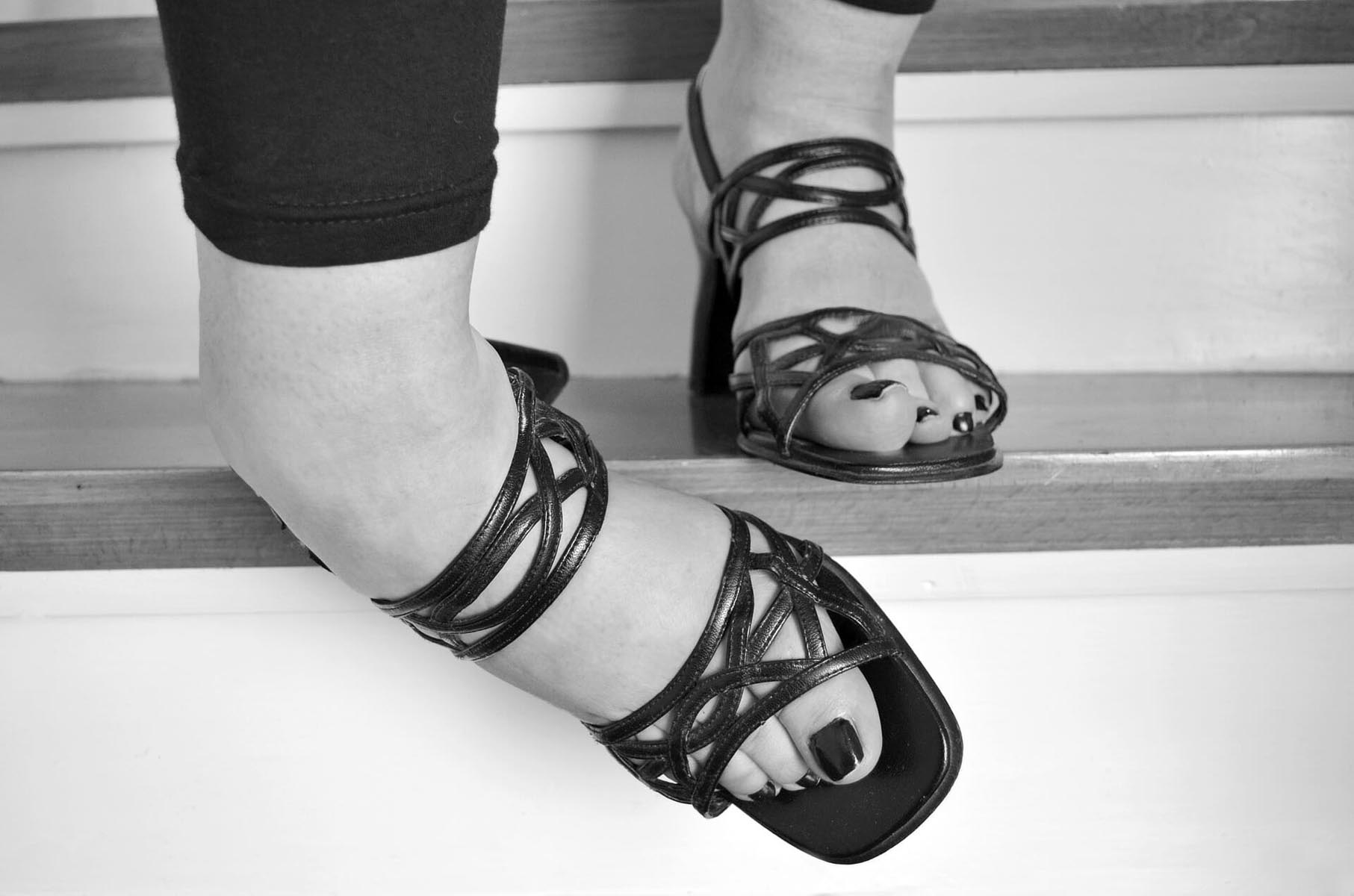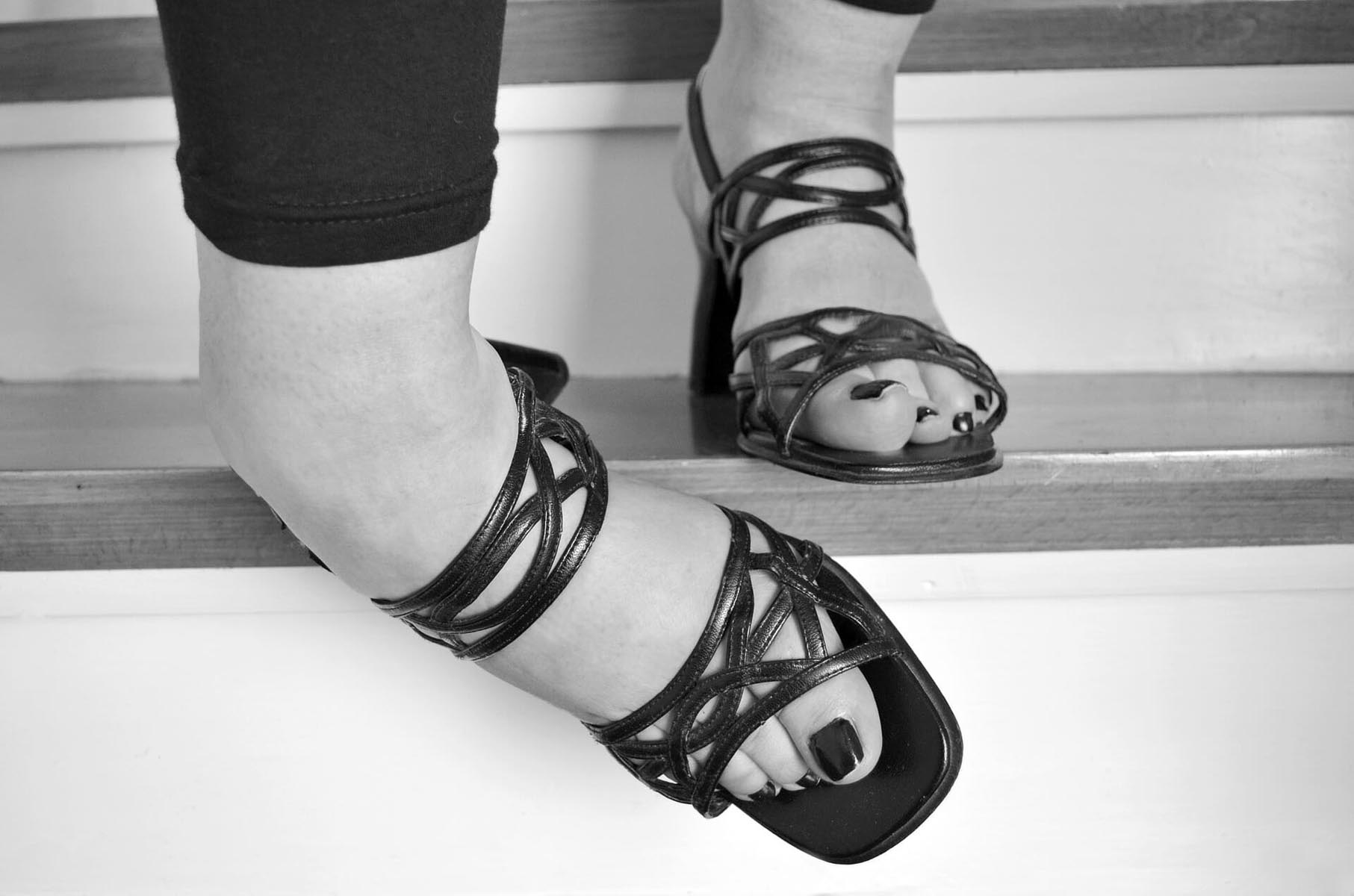Medical alert systems, also called medical alarm systems, are devices that can save lives and provide peace of mind – especially for those who are living with chronic illness or mobility issues.
Essentially, medical alert systems work like small alarms that can detect falls, accidents, and even heart attacks. These then call for help by contacting either the primary care giver, or a medical service that is available around the clock.

While some people will be resistant to the idea of using medical alert systems – seeing them as a loss of independence – the truth is that this technology actually allows people to continue being independent, while also providing a better quality-of-life for their loved ones.
In this post, you will learn all about medical alert systems, and how to choose the best product for you while saving money.
Do You Need a Medical Alert System?
As mentioned, the aim of a medical alert system is to let people know if you should fall or suffer another kind of medical event. This could save your life if you are someone who is prone to falling.
But even if you are not someone who suffers with mobility issues, it can still be a very good idea. You only need to fall once to have a serious accident, and if you have a medical alert system on your person, then this could be the difference between life and death.
In other words, you shouldn’t think of this as something you invest in only once you start having trips and falls. Rather, you should think of it as something to invest in before that begins happening. Once you start having trips and falls, it may well already be too late!
The other thing to consider is how this affects the people that you love. One of the things that many of us worry most about as we grow more dependent on others, is that we are going to be a burden. We therefore try to stubbornly fight the onslaught of age and refuse to make provisions to it.
But this actually increases the burden on other people! Our loved ones worry about us when we are not there, and especially if there is any risk that we might fall or have a cardiac event. With that in mind, one of the best things we can do is to give them peace of mind with an alarm.
Now, instead of feeling the need to call us every few minutes to make sure we’re okay, our loved ones can relax safe in the knowledge that if anything should happen, they will be automatically informed.
In this regard, you are actually doing the best thing for your loved ones by investing in these devices.
But you may also be concerned about the financial aspect, and knowing precisely what to buy. The rest of this post will help you to make the right decision.
How to Choose a Medical Alert System
When buying a medical alert system there are a few things to keep in mind.
A medical alert system can describe either a permanent installation in your home that uses a cord or a button. This is something you will then need to move toward and pull should you fall. Of course, this limits the usefulness of the solution, as you may fall and be too far away.
Others will allow you to carry them on your person, but will still require a landline meaning that they can’t leave the house. These work by giving you a small element that you can wear around your neck, and another aspect that you will plug into the landline.
These types of medical alert systems work well if you are someone who is house-bound. But if you are more mobile and you want to be able to leave the house to explore, then you should look into getting a cellular model that will work on its own.
The best of these will not only be able to contact people in an emergency if you fall – no matter where you are – but will also make a loud noise to alert people who are nearby. On top of that, some that are GPS enabled will be able to share your precise location.
More Features to Concern
There are many other features to consider on top of the mobility of your device. For example, it is very useful to have a battery test or battery indicator that can let you know when the device is running low. Without this seemingly minor feature, you may end up wearing a device that isn’t working – and be none the wiser.
Water resistance is also an important feature. This will make the device more mobile by allowing you to wear it in the rain. At the same time, it means that you can wear the device in the shower or bath. This is of significant importance, seeing as a large number of slips actually happen in the shower in the first place.
Finally, look for devices that provide health tracking sensors. For instance, if the device contains an electrocardiogram, then it will be able to tell you if you are having a heart attack. This in turn can be extremely useful for alerting the authorities early enough for them to be as effective as possible.
Others have fall detection, which can of course tell if you have fallen. Both these features prevent you from needing to actually press anything, which could once again be the difference between success and failure – life and death.
Finding Good Value Options
Be on the lookout for so-called advanced models that don’t offer anything useful to the package. Aesthetics are not important for a device like this, but you should spend the extra cash to get all of the features mentioned above – even if it is more expensive.
Likewise, consider whether you need a medical team to be on the other end. Many of these devices come with a “plan” that will ensure there is someone on the other end of emergency calls to forward your messages to the relevant departments.
While this can be useful, it does also risk tying you to a recurring fee that you may or may not be able to afford.
Think carefully about whether you need this, as devices such as Guardian Alert 911 will give you direct access with a 911 operator and won’t incur any monthly cost.
Keep this in mind, and choose a device based on the long-term cost, rather than the short-term investment.
